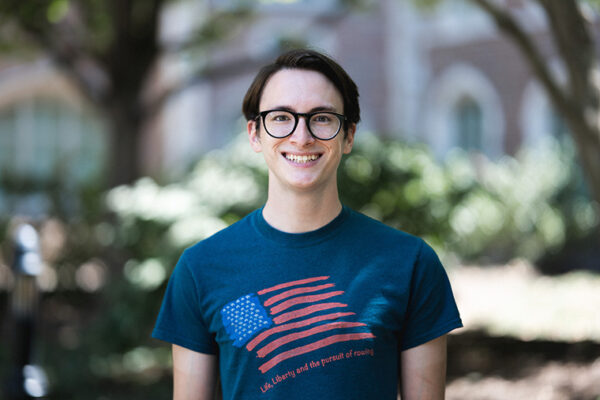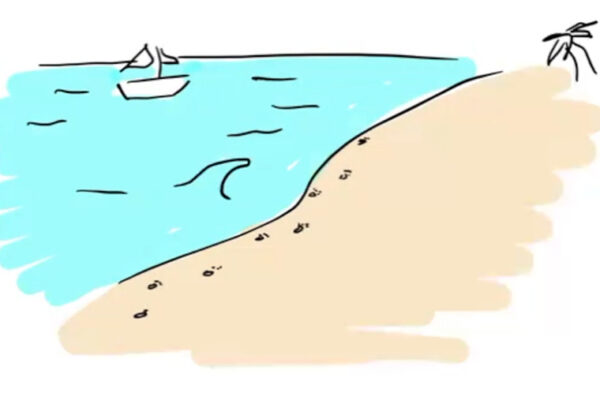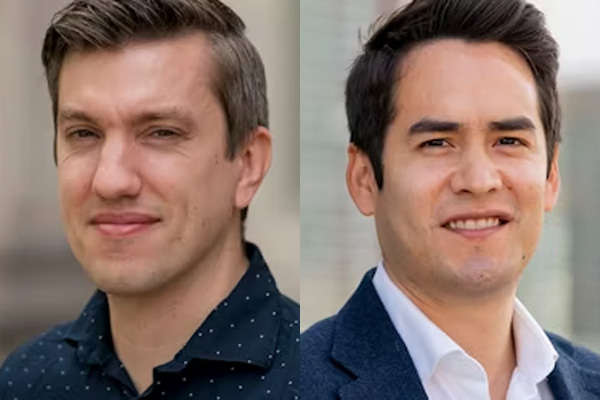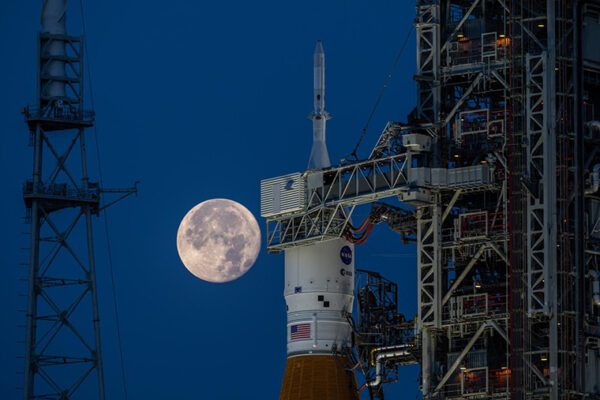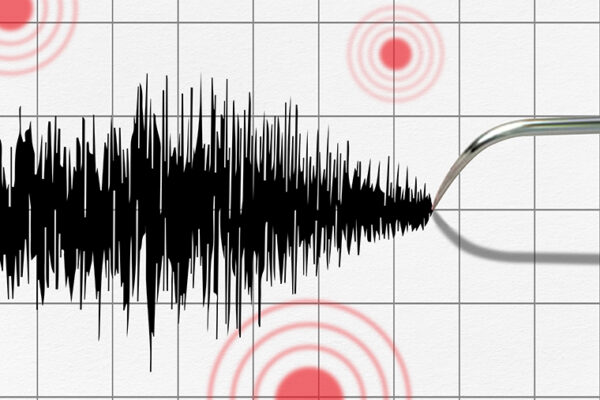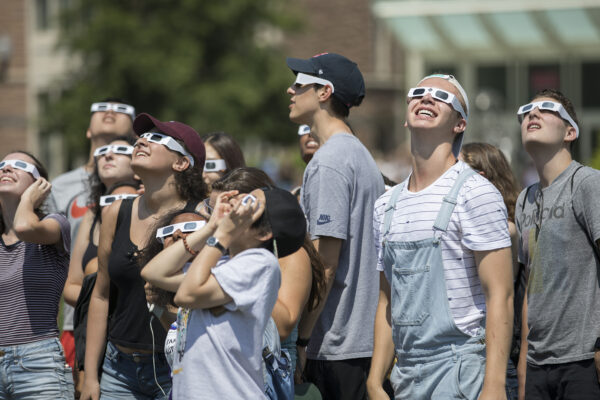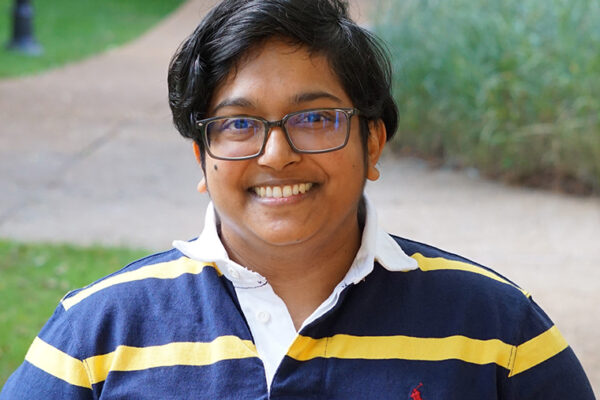Building ‘time-traveling’ quantum sensors
In a paper published in Physical Review Letters, physicist Kater Murch in Arts & Sciences demonstrates a new type of sensor that leverages quantum entanglement to make time-traveling detectors.
Physics student Brodie selected for prestigious DOE program
Liam Brodie, a graduate student working with Mark Alford, a professor of physics in Arts & Sciences at Washington University in St. Louis, has been selected to participate in the Department of Energy’s Office of Science Graduate Student Research Program.
WashU theorists help advance nuclear physics research at DOE facility
Physicists in Arts & Sciences are helping to shape the theoretical framework behind exciting new experiments at the Facility for Rare Isotope Beams.
Kapoor selected for Lindau Nobel Laureate conference
Yashika Kapoor, a postdoctoral fellow in physics from Arts & Sciences, will attend the 73rd annual Lindau Nobel Laureate Meeting in Germany. The event is a globally recognized forum for exchange between Nobel laureates and young scientists.
Helping qubits stay in sync
In a new paper in Physical Review Letters, Kater Murch in Arts & Sciences and his collaborators explore the effects of memory in quantum systems. View an illustrated video about the experiments and findings.
Lawrence, Seáñez win collaboration grants
Mark Lawrence and Ismael Seáñez, both assistant professors in the McKelvey School of Engineering at Washington University, have won $25,000 Collaboration Initiation Grants from the school.
WashU to manage data for instrument on Artemis moon mission
Washington University in St. Louis will manage data processing and dissemination for the Lunar Environment Monitoring Station, one of the first three potential payloads selected for Artemis III, NASA’s mission which will return astronauts to the moon for the first time in more than 50 years.
Tremor a reminder that East Coast, Midwest earthquake threat is real
Although earthquakes may seem uncommon in the New York area, they are not unheard of — and there are similarities to earthquakes experienced in St. Louis, according to seismologist Doug Wiens in Arts & Sciences.
Media advisory: WashU experts in path of totality on eclipse day
Five planetary scientists from WashU’s McDonnell Center for the Space Sciences are available to speak with reporters from the path of totality for the Monday, April 8, solar eclipse. The scientists will be at Bollinger Mill State Historic Site in southern Missouri, near Cape Girardeau.
Samples offer glimpse of active Earth 2.5 billion years ago
Research led by geochemist Rita Parai in Arts & Sciences offers a glimpse of Earth’s history by tracking infinitesimal levels of noble gases in volcanic rocks. The new study is published in Earth and Planetary Science Letters.
Older Stories

